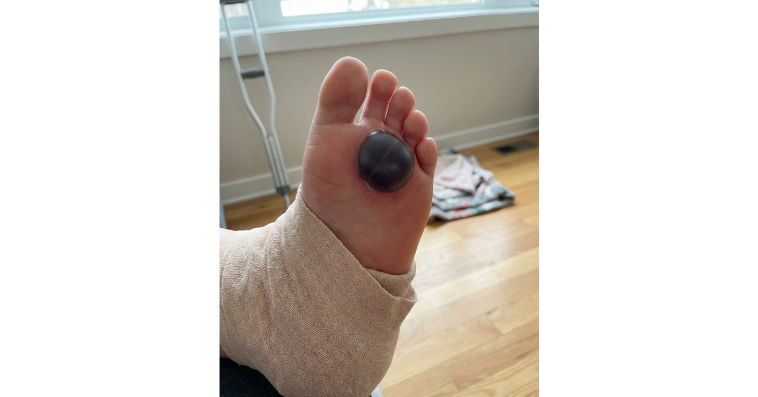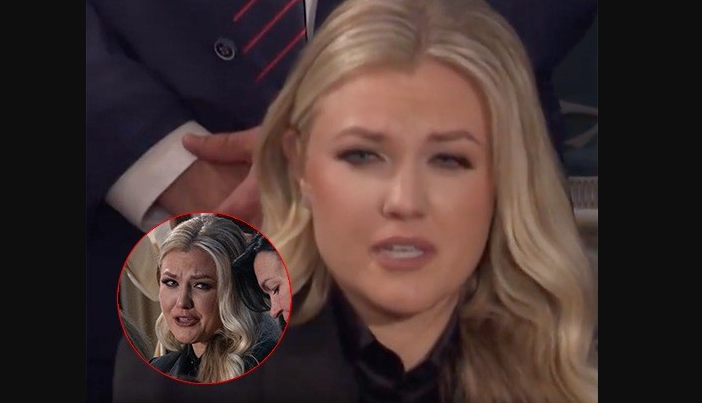My fiancé, Jack, and I recently purchased a home together, and I contributed half of the cost. To make it possible, I depleted my savings and even sold my cherished jewelry. Yesterday, however, a call from the loan officer revealed a stunning truth: only Jack’s name and his mother’s name appear on the deed. Mine is nowhere to be found.
When I confronted Jack, his expression turned distant as he stated, “You’re not family yet. You haven’t become my wife.” His words hit me like a wave, leaving me unsteady.
Determined to keep my composure, I reminded him that we had planned this home as equal partners. He brushed it off, explaining that his mother handled the legal details and that this arrangement was “more secure for everyone.” Secure for whom, I wondered?
Hoping for clarity, I decided to speak with his mother, Jennifer, believing there might be a reasonable explanation. Over coffee, I gently raised the topic of the house deed. Jennifer offered a polite smile and said, “Agnes, you’re overanalyzing this. It’s simply how our family manages these matters. It’s not personal.”
I pointed out that I had paid for half of the home and live there too. She patted my hand, as if soothing a child, and replied, “You’re marrying Jack, aren’t you? Once you’re officially part of the family, everything will align perfectly.”
Her words stung deeply. I had believed I was already part of their family, or at least on the path to becoming so. Instead, I felt like an outsider in the very home I helped purchase.
Jennifer, at 63, is vibrant, practices yoga regularly, and somehow oversees every detail from a distance. She’s already claimed a bedroom in the house Jack and I bought together. Her name is on the deed, not mine, and now she’s settling in as if it’s her personal space. She’s even taken over the room I intended to use as my home office, declaring it her “meditation sanctuary.” Meanwhile, the guest rooms are being listed on Airbnb to “generate extra income.” No one consulted me. No discussion occurred. Decisions were simply made, as if I don’t reside there.
Finally, I shared my feelings with Jack. I told him, “I didn’t agree to be a housekeeper, a property manager, or your mother’s emotional anchor.” His response cut deeply: “Women like you tear families apart.” To make matters worse, his sister now labels me a gold-digger for seeking fairness in a home I helped fund.
Lately, I find myself gazing at my wedding dress, still hanging, still unworn, questioning whether expecting respect before silence in a marriage is unreasonable. Jack insists I’m overreacting, claiming I’m “jeopardizing his future” over a “minor oversight.”
I’ve postponed my final dress fitting. Truthfully, I’m unsure if I’ll ever return for it. I keep asking myself if walking away would mark me as selfish—or simply as someone finally advocating for her own worth.






